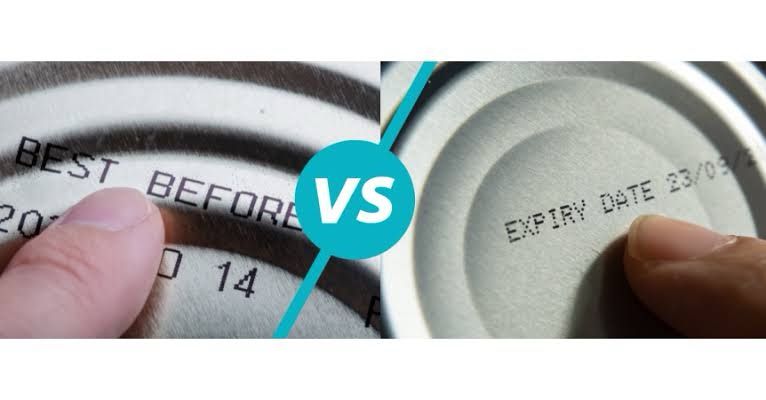Best Before vs Expiry Date: Understanding the Differences

Overview
Understanding the terms "Best Before" and "Expiry Date" is essential for making informed decisions about food consumption. While both labels provide important information, they address different aspects of food quality and safety. Here’s a comprehensive look at their meanings, applications, and implications.
What Does "Best Before" Mean?
"Best Before" refers to the date up to which the food product is expected to retain its best quality in terms of taste, texture, and freshness.
Key Characteristics of "Best Before":
Meaning: Indicates the period during which the product is at its peak quality.
Focus: Primarily on quality, not safety.
Usage: Commonly found on non-perishable or shelf-stable items like:
- Snacks (e.g., chips and crackers).
- Canned goods.
- Dry foods (e.g., pasta and rice).
After the Date: The food is generally safe to eat but may not taste as good or have the same texture.
Example: Potato chips may lose their crunch after the best-before date but remain safe to consume.
What Does "Expiry Date" Mean?
"Expiry Date" is a safety-related label indicating the last day the product should be consumed to avoid potential health risks.
Key Characteristics of "Expiry Date":
Meaning: Marks the last day the product is safe to consume.
Focus: Primarily on safety.
Usage: Typically found on perishable items and products with high safety concerns, such as:
- Dairy products (e.g., milk, yogurt).
- Meat and seafood.
- Baby formula and medications.
After the Date: Consuming the product may pose health risks due to spoilage or bacterial growth.
Example: Yogurt consumed past its expiry date could cause foodborne illness.
Comparing "Best Before" and "Expiry Date"
| Feature | Best Before | Expiry Date |
|---|---|---|
| Focus | Quality (taste, texture, freshness). | Safety (consumption risks). |
| Usage | Non-perishable items. | Perishable and safety-sensitive items. |
| After the Date | Usually safe but may lose quality. | Should not be consumed. |
| Examples | Chips, canned goods, dry pasta. | Milk, meat, baby formula. |
Key Takeaways
- "Best Before" dates focus on quality. Foods past this date are often safe to eat but may lack their original taste or texture.
- "Expiry Dates" are about safety. Products should not be consumed after this date to avoid health risks.
- Always check storage conditions, as improper handling can affect both quality and safety regardless of the label.
Conclusion
Understanding the differences between "Best Before" and "Expiry Date" can help you make better decisions about food consumption and reduce waste. By following these guidelines, you can ensure both safety and quality in your meals.
